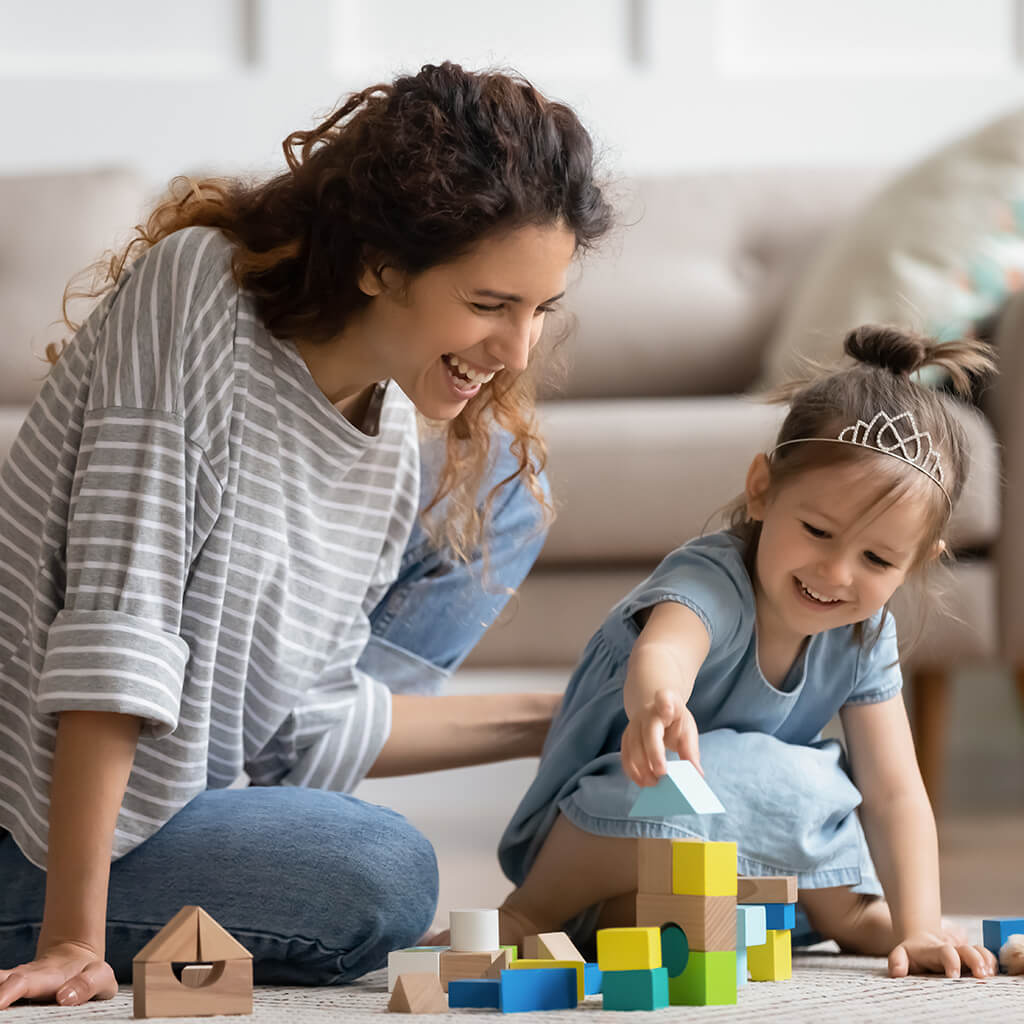10 life skills for human well-being

Publication date: 03-05-2021
Updated on: 14-02-2023
Topic: Mental health
Estimated reading time: 1 min

Article Author
Communication Team GSDMedical Editor
Simona Vigoni
Editor and Translator
Viktoryia LuhakovaLife skills are essential for a positive outlook on life. Expert from the nursery La Zucca Felice explains how to teach this to our children
What are life skills and why should they be promoted in educational contexts, in families and in child care facilities? What skills should we teach our children to prepare them for the adulthood? We discussed this with Simona Vigoni, pedagogist at the nursery La Zucca Felice.
What are life skills?
We are going to consider life skills in a broader concept of health that goes far beyond absence of a disease and are understood as a development of human potential. Life skills are those social, emotional, and relationship-building skills that enable us to build relationships, cope with difficulties, and satisfy the needs of everyday life, “treating ourselves, others and the community with confidence” (Marmocchi, 2004).
We are going through a difficult historical period, more and more volatile, full of uncertainty about our future and the future of our children.
Today, more than ever, family and main educational institutions, instead of focusing on instruction, gathering information on transmissive and conceptual educational approaches, should turn their attention to promoting and supporting those skills that enable a person to function in social contexts (Hasting Center Report, 1997), realizing one's aspirations, meeting needs and dealing with environmental situations (WHO, 1998).
Who: 10 life skills
There are many life skills and their nature also varies depending on the sociocultural context. World Health Organization (WHO) has identified the main ones that are applicable to most of us:
- decision making, ability to make informed decisions;
- problem solving, ability to constructively understand and solve problems;
- creative thinking, the ability to find original solutions;
- critical thinking, ability to assess the situation;
- effective communication, the ability to express oneself;
- self-awareness;
- compassion, understanding of the emotions of another person, ability to put yourself in his/her place;
- emotion management, recognition and regulation of emotions;
- stress management, recognition and control of stress sources;
- interpersonal skills, the ability to interact constructively and positively with others, while maintaining meaningful relationships.
This short but helpful list contains skills that enable us to prevent illness, risk behaviors, and provide well-being that teachers and parents should be mindful of. These are skills related to the cognitive, emotional, social and relationship realms.
Educational mandate for adults
It is important to focus on these skills, to incorporate them into prevention projects, and to promote them at home and in school for the well-being of soon-to-adult children.
Parents’ and teachers’ correct behavior consists in proposing difficult situations for independent solutions that can satisfy childrens’ curiosity; promoting autonomy and freedom of choice, offering opportunities and space for growth; be active listeners, able to respect everyone's personal time; offering emotional support, without interfering, giving the child an opportunity to manifest as a useful and enterprising member of society.
The key word that best describes behavior of adults is trust. Expressing their trust through encouraging actions and words is what children need because, to exercise their ability to deal with problems in a constructive way, children need to feel close to an adult who gives them the legal right to try, who sees error as an opportunity, not as a limit.
Children are great explorers. They observe, investigate, disassemble and reassemble various objects to understand how they work, and in doing all this, they formulate hypotheses, construct theories, seek solutions. Their polished learning processes need adults who are able to observe, recognize and listen, who do not provide quick answers, and support their activities by offering play contexts.
Is it possible to start training life skills from an early age?
We can and we must. From an early age, children are incessant seekers, bearers of a divergent thought that an adult, capable of offering protection and safety, cannot and must not turn off.